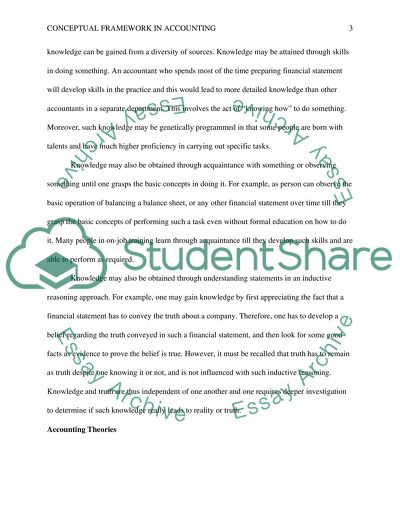Cite this document
(“Developing a conceptual framework is an impossible possibility Essay - 1”, n.d.)
Developing a conceptual framework is an impossible possibility Essay - 1. Retrieved from https://studentshare.org/finance-accounting/1463064-developing-a-conceptual-framework-is-an-impossible
Developing a conceptual framework is an impossible possibility Essay - 1. Retrieved from https://studentshare.org/finance-accounting/1463064-developing-a-conceptual-framework-is-an-impossible
(Developing a Conceptual Framework Is an Impossible Possibility Essay - 1)
Developing a Conceptual Framework Is an Impossible Possibility Essay - 1. https://studentshare.org/finance-accounting/1463064-developing-a-conceptual-framework-is-an-impossible.
Developing a Conceptual Framework Is an Impossible Possibility Essay - 1. https://studentshare.org/finance-accounting/1463064-developing-a-conceptual-framework-is-an-impossible.
“Developing a Conceptual Framework Is an Impossible Possibility Essay - 1”, n.d. https://studentshare.org/finance-accounting/1463064-developing-a-conceptual-framework-is-an-impossible.


